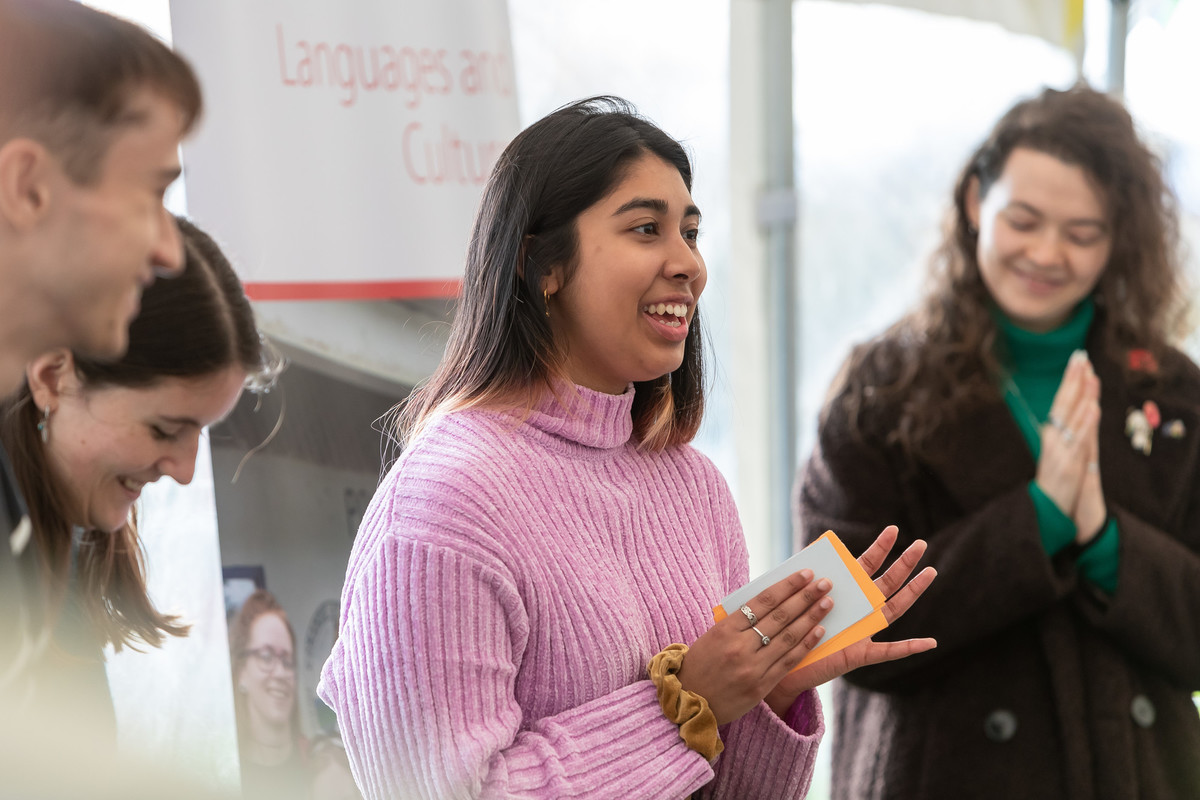112UCAS Points
|
UCAS Tariff |
112 points |
|
GCE A Level |
Typical offer – BCC-BBC The Department requires one of the following subjects: History or a suitable alternative such as Classical Civilisation, English, Philosophy, Religious Studies, Government & Politics, Sociology or Law. In addition, a GCSE in a modern foreign language at grade C / 4 or above is required. |
|
BTEC |
BTEC Extended Diploma: History or a suitable alternative such as Classical Civilisation, English, Philosophy, Religious Studies, Government & Politics, Sociology or Law. Typical offer – DMM (Can only consider in combination with one of the A Levels listed above.) In addition, a GCSE in a modern foreign language at grade C / 4 or above is required. |
|
International Baccalaureate |
28 points (including 5 in HL History, or a suitable alternative such as English, Philosophy or Social and Cultural Anthropology) |
|
Irish / Scottish Highers |
Irish Highers – H3 H3 H3 H3 H4 (including H3 in History, or a suitable alternative such as English, Politics & Society or RE) Scottish Highers – BBBB (including History, or a suitable alternative such as English or Religious Studies) |
|
Access requirements |
Access to HE Diploma to include 45 credits at level 3, of which 30 must be at Merit or above. Must include 15 level 3 credits in History or a suitable alternative such as Classical Civilisation, English, Philosophy, Religious Studies, Government & Politics, Sociology or Law. In addition, a GCSE in a modern foreign language at grade C / 4 or above is required. |
|
Extra Information |
Welsh Baccalaureate Advanced and A Level General Studies will be recognised in our offer. We will also consider a combination of A Levels and BTECs/OCRs. In addition, a GCSE in a modern foreign language at grade C / 4 or above is required. |
Students from countries outside the UK are expected to have entry qualifications roughly equivalent to UK A Level for undergraduate study and British Bachelor's degree (or equivalent) for postgraduate study. To help you to interpret these equivalents, please click on your country of residence to see the corresponding entry qualifications, along with information about your local representatives, events, information and contacts.
We accept a wide range of qualifications and consider all applications individually on merit. We may also consider appropriate work experience.
English Language Requirements
- IELTS Academic: Undergraduate: 6.0 (minimum 5.5 in each band)
- Postgraduate: 6.5 (minimum 5.5 in each band)
For more information on our entry requirements, please visit International Entry Requirements.












